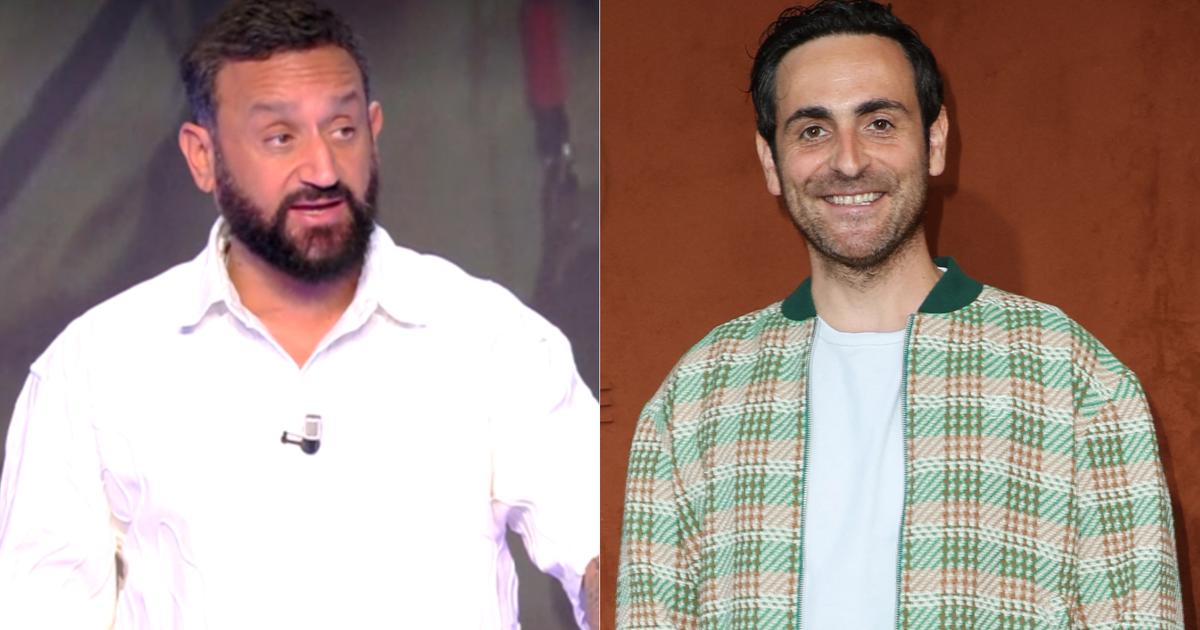"Good news, they're back, they're coming back!"
Who is that? Old-fashioned words. They are more or less known, still used by some ancestors who pass them on to us as treasures to be preserved. This is the business of Sylvie Brunet who, in her
200 obsolete words to bring up to date
, records these rare pearls, traces their history and makes us taste the flavor of the old through various literary texts that illustrate. Be careful, however, as the author notes, “
obsolete words are not words that have disappeared. Obsolete comes from the Latin
desuescere
, which means "to
lose the habit
", which is very different from a disappearance
"
.
For
Le Figaro
, she returns to the importance of these words from another time.
LE FIGARO.
- Your book contains 200 words explained and almost as many extracts from literary texts illustrating them.
How did you go about carrying out your research?
Sylvie BRUNET.
-
I frequent the usual dictionaries (
Robert
,
Larousse
) but also phraseology, that is to say the dictionaries of expressions, and in particular those of slang which were written in the second half of the 19th century. There are in particular those of Alfred Delvau and Lorédan Larchey who provide us with a fund for popular talk. This is what will really become the language of everyone at the beginning of the 20th century. Until the middle of the 20th century, French inherited this slang background. For the texts which illustrate these obsolete words, there are certain authors to whom I spontaneously turned. I am of course thinking of Céline, or other writers who wrote for the cinema like Auguste Le Breton, Albert Simonin or Alphonse Boudard and who know all this familiar language inherited from slang - which has become the language of popular France. . As I read, I take notes,I have a small pantry like that where I keep sentences in the fridge. It can also be from Gallica which offers searches directly in the works. It can also be a line that I noticed in a movie.
“We have entered a new movement with social networks.
This had an immense effect on the language and on the words that we see moving away from French ”
You open your book with this quote from Émile Littré:
"We must encourage efforts against the obsolescence of words worth keeping."
What is a
“word worth keeping”
?
It's a little nod to Littré, who is a very great lexicologist. As soon as we work on language, we are very happy to have recourse to our dictionary! At the same time, it is a wink with which I will take a certain distance: for me there are no words
"worthy of being preserved"
and words that would be unworthy of being so. There are no unworthy words in the French language that we should get rid of. In Littré's quote, there is an echo to what one might think at the end of the 19th century and again at the beginning of the 20th century, that is to say that there would be a difference between the words
" low ”
and the words
“ high ”
. The words which transcribed the functions of the body, of the sex, were said
"low"
, words that spoke of the nobility of the soul were considered
"high"
words
.
Often, we even tried to demonstrate by the signifier, the consonances that it was a low and ugly word, like
"snot"
or
"mucus"
for example.
You describe in your preface a big comeback of obsolete words.
How do you explain this craze?
In twenty years, we have entered a new movement with social networks. This had an immense effect on the language and on the words that we see moving away from French. This desire to save words or expressions that are becoming rarer is part of a larger desire: we see the exchange with greed on social networks of old expressions, proverbs and sayings, like the recipe Mironton beef from our grandmothers! The person who best embodies this is undoubtedly the President of the Republic Emmanuel Macron. Where one would expect him to use a vocabulary of his generation, he has a taste for outdated formulas, sometimes out of date (
“carabistouille”
,
“powder of perlimpinpin”
,
“galimatias”
…).
"What better qualifier than" vulgar "to speak of these words which belong to a popular background?
"
You have written about twenty essays on the forgotten etymology of words and expressions.
How do you explain this desire to
“travel to the past”
?
These are
"journeys in the past"
which necessarily shed light on the present. When we hear someone speak, even before grasping the content of the point, we hear the words they are using. It is a pathology that we have at birth and that we never get rid of! In my book, I especially wanted to show that French is not frozen on an isolated island. It's a continuum. We explain it from Latin and Greek, and then we also see the contribution of all foreign languages, be it English, Italian, Spanish or Arabic. We thus understand that we do not stop a language. All of this is a permanent flow and to register these small
“journeys”
in time, in a history of the language, is to show this flow.
“Fat: non-threatened species”
,
“Ventrebleu: blue period”
,
“Rififi: heat, Marcel!”
... With humor and lightness, but also with a certain poetry, you give these forgotten words a second youth. Would you speak of this book as a popularization work?
What bothers me when we talk about popularization work is that there is always a pejorative nuance.
This means that we have a subject that is difficult and that we think that there are people who will not understand it.
So, to address the
"vulgum pecus"
, we are going to make this matter more accessible.
But basically, what better qualifier than
"vulgar"
to speak of these words which belong to a popular background?
So yes, it is popularization in the etymological sense of the term!
What is your favorite word?
I have a hard time choosing because there are a lot of them that I like, which have really very interesting phonic colors.
I fixed my choice today on
"saperlipopette"
.
It is said that this word comes from Rimbaud, but that is not certain.
He would have proposed several variants:
"saperlipopouille"
,
"saperlipopetouille"
... In any case, that would come from the Flemish, and means
"damn be the fate!"
or
"rascal of fate!"
.








